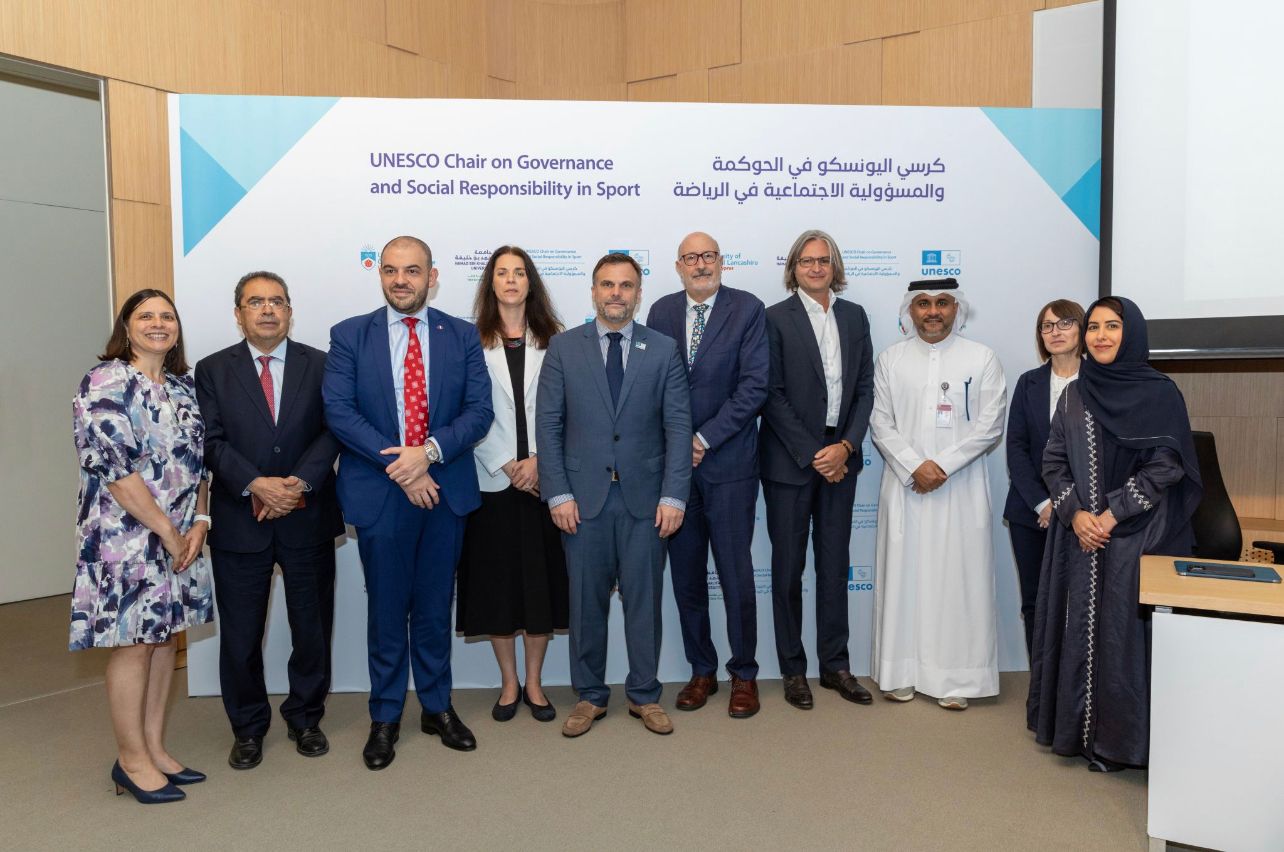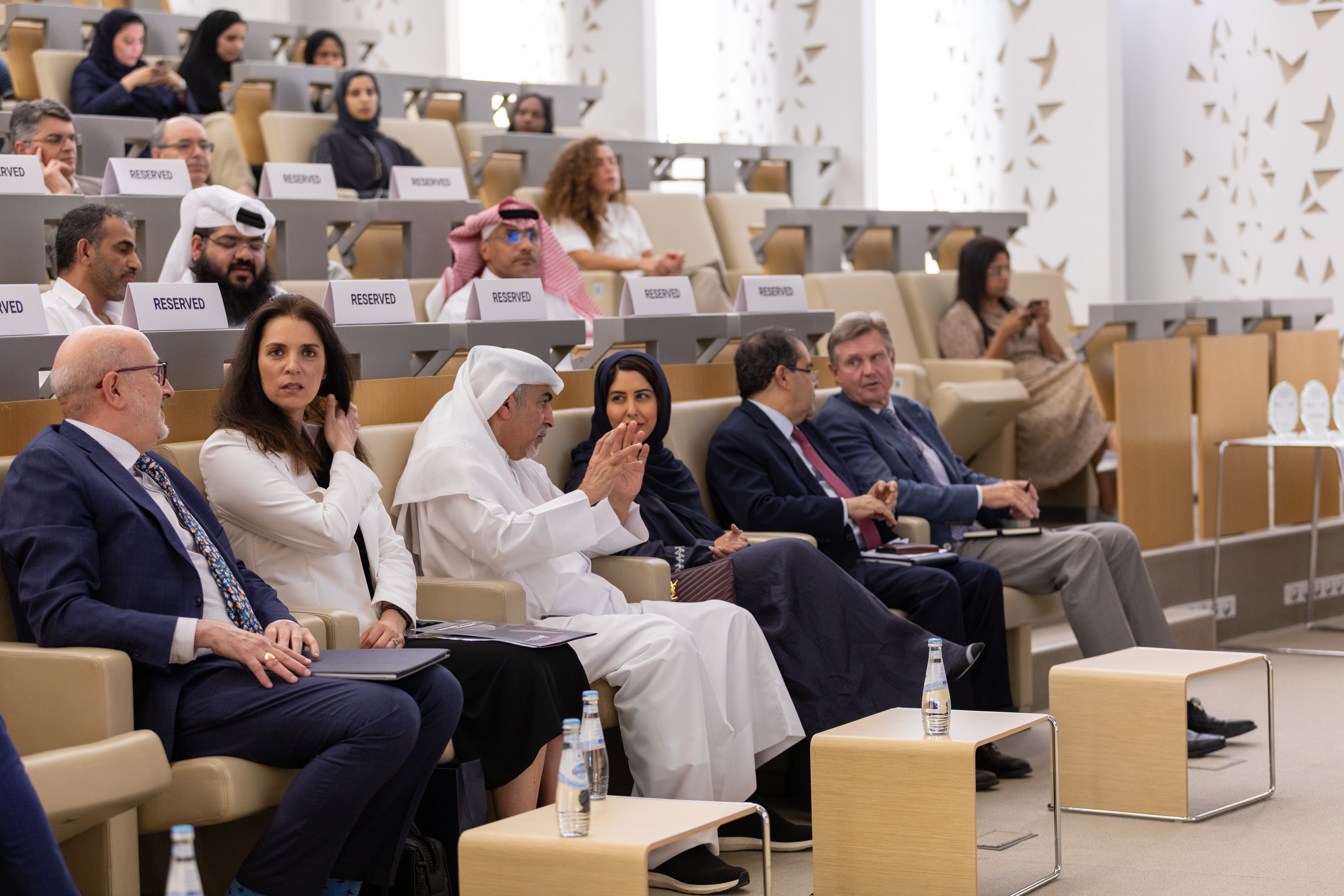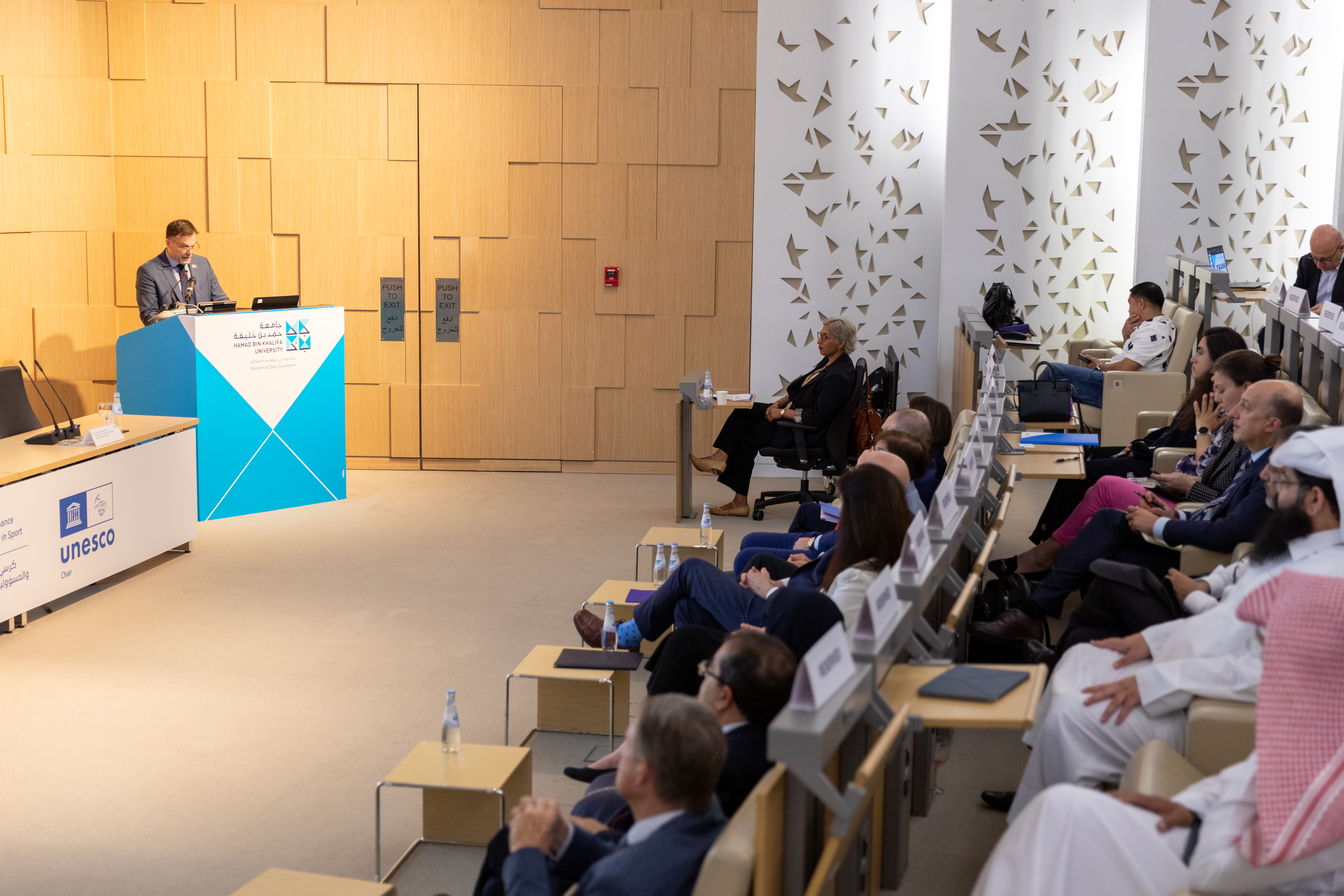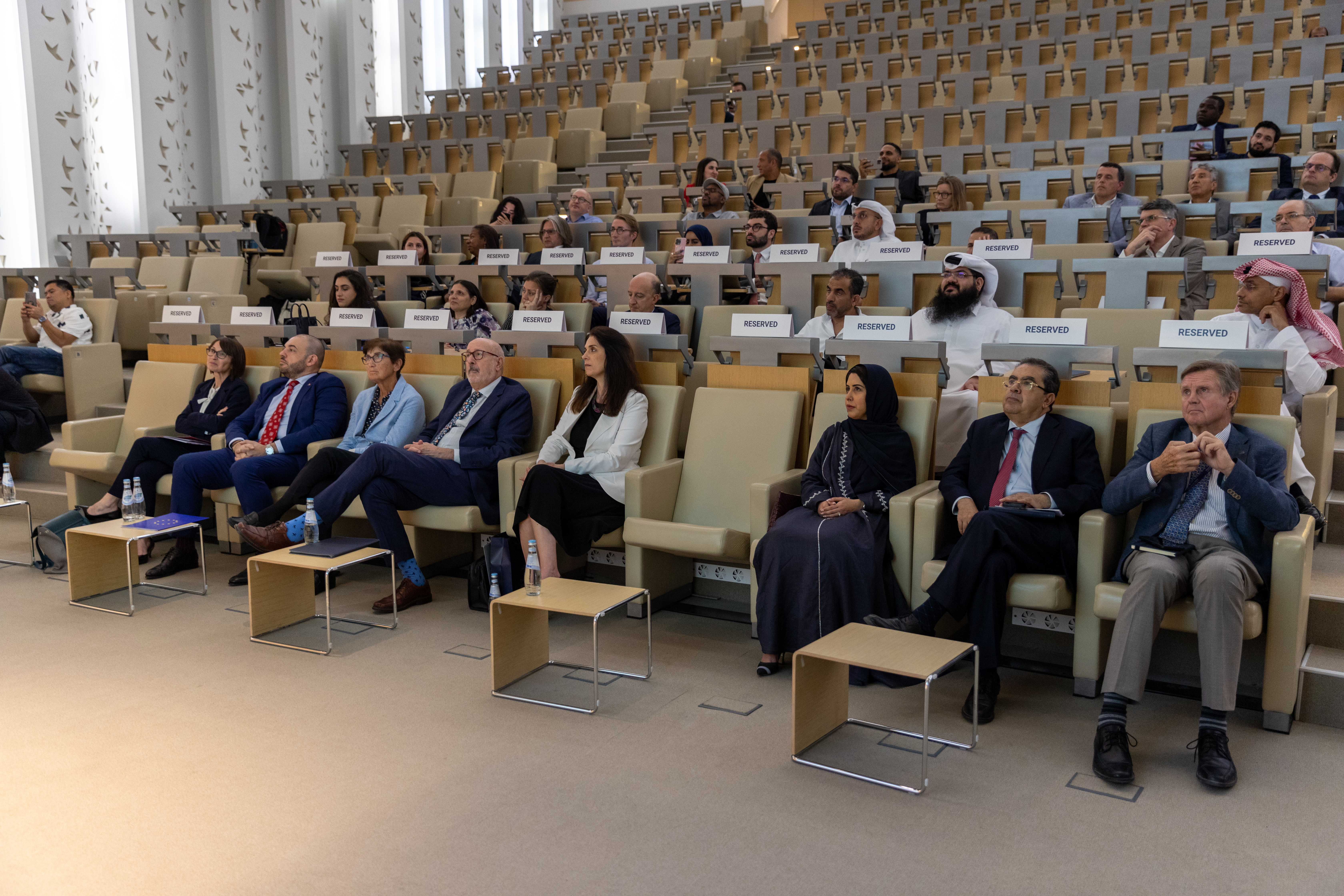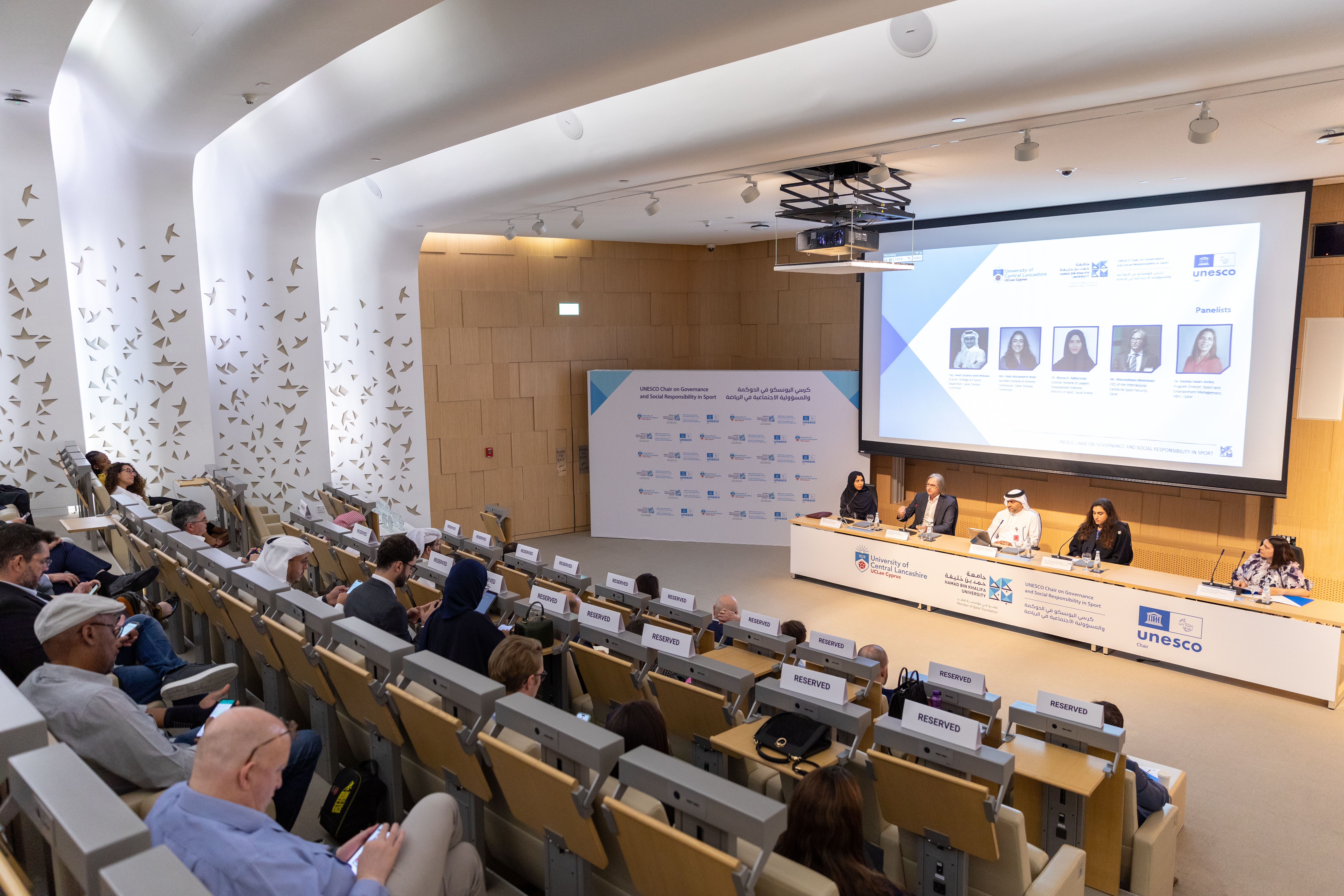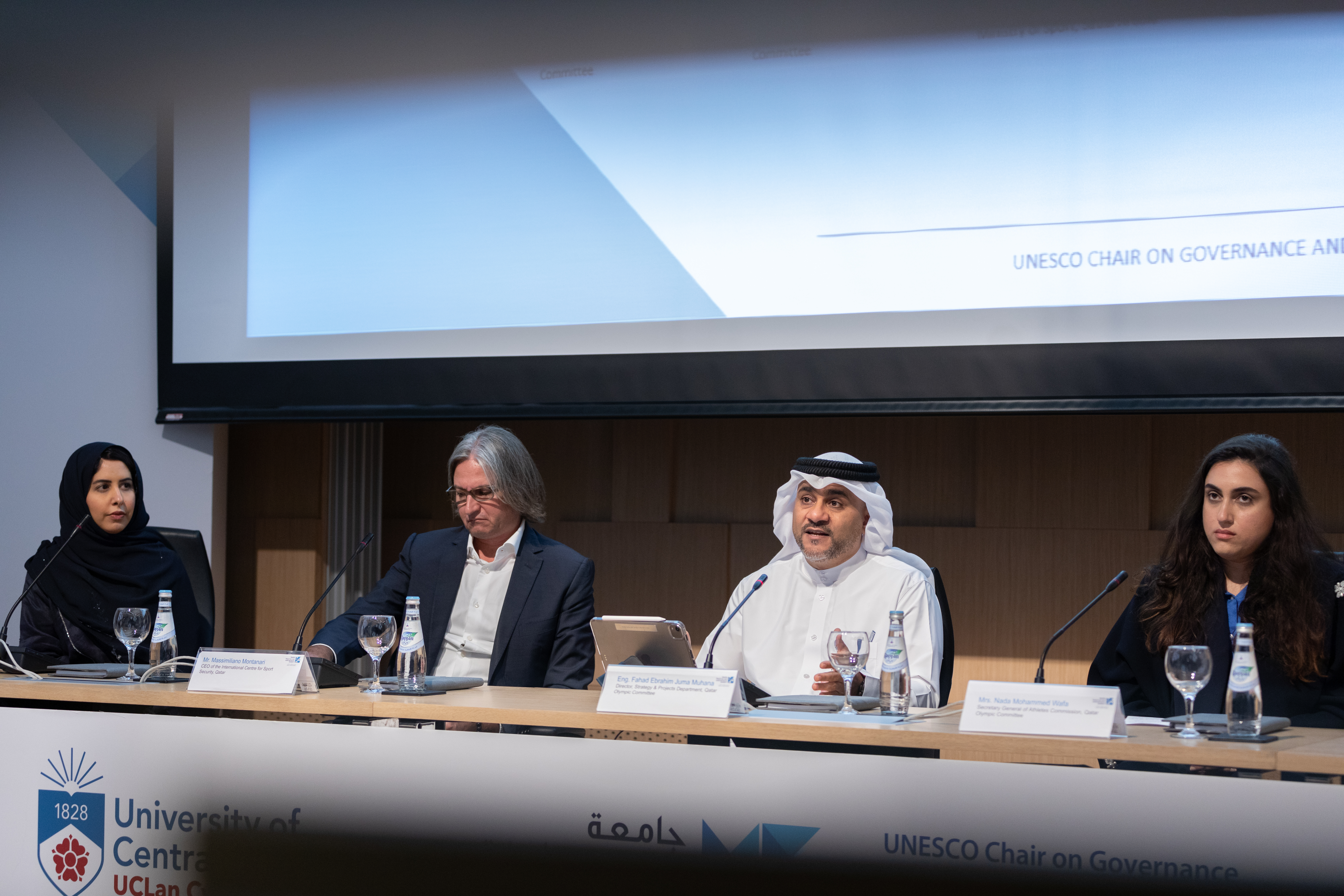
- Home
- UNESCO Chair on Governance and Social Responsibility In Sport
UNESCO Chair on Governance and Social Responsibility In Sport
Since its establishment in June 2022 in Cyprus, the UNESCO Chair on Governance and Social Responsibility in Sport has undergone significant development. As of March 2023, it operates under a joint leadership arrangement between UCLan Cyprus and the College of Science and Engineering at Hamad Bin Khalifa University (HBKU). The primary objective of the chair is to promote research, training, public dialogue, and international cooperation focused on enhancing organizational sport governance and implementing (corporate) social responsibility programs with sport as a central component.
Welcome Message
Welcome to the UNESCO Chair on Governance and Social Responsibility in Sport.
 "I am honored to lead this Chair, which has been established to foster an integrated system of research, education, and training to enhance the quality of governance practices within the sports industry and, by engaging with diverse and influential people, advocate socially responsible program designs that prioritize sport as a core component.
"I am honored to lead this Chair, which has been established to foster an integrated system of research, education, and training to enhance the quality of governance practices within the sports industry and, by engaging with diverse and influential people, advocate socially responsible program designs that prioritize sport as a core component.
We all know that, at its best, sport is a universal language that transcends boundaries and cultures and unites individuals from all walks of life, backgrounds, and origins, allowing them to come together and jointly seek victories in and outside the field. In this sense, sport fosters inclusivity, promotes peace, and creates a notion of global cooperation.
Indeed, UNESCO seeks to promote the development and practice of sporting activities to foster social integration in different cultural and political contexts. However, the governance of sports organizations that have assumed the responsibility of carrying out these activities affects their inherent quality and impact on the final recipients, the end-beneficiaries - not only young men and women but also citizens of all ages. So, our Chair focuses on the ‘agents’ and the micro-processes that often put at risk and harm the integrity of sport.
This joint leadership is special as it brings together two countries with loads to share, chief among them being cultural and sporting aspirations for a better world. Therefore, this joint leadership status is, therefore, the vehicle that connects two increasingly influential academic institutions UCLan Cyprus and, crucially, serves as the common denominator towards strengthening links between research, teaching, and practice at national, regional, and global levels.
Of course, I am not – in fact, I cannot be – alone in this exercise. It is a collective effort, which is governed by an Advisory Committee comprising a set of influential scholars and practitioners from across the globe and serves as its strategic direction, validation, and arbitration authority (refer to the Terms of Reference).
I am thrilled that we have already started making things happen in all six strategic pillars: Research, Education & Training, Stakeholder Engagement, Communication & Outreach, Policy & Impact, and Esports. However, I am particularly grateful to the HBKU’s Curriculum Committee for approving a new elective (SPTE_612: Sport Governance) for our Master of Sport and Entertainment Management ranked No. 5 globally in the 2022 SportBusiness Postgraduate Course Rankings – which is a joint degree with the University of South Carolina's Department of Sport and Entertainment Management.
I invite you to explore the Chair’s website, engage with our research, participate in our events, and join our global network of like-minded individuals and organizations committed to promoting good governance and social responsibility in sports.
If you are somebody and/or represent an organization with a common interest in good governance and social responsibility in sport and wish to become an affiliated member of this UNESCO Chair, just contact us here, by stating how this Chair can help you achieve your goals, but also how your activities can add value to the Chair.
As an affiliated member of this Chair you:
- Become inspired through exchanging ideas, knowledge, and experiences.
- Collaborate with other affiliated members.
- Contribute to one or more of the activities and projects.
- Receive first the Chair’s news and updates.
- Become visible and recognized as an affiliated member on the Chair’s website.
Nikos Kazantzakis, the Greek writer, philosopher, and poet, nominated for the Nobel Prize in Literature in nine different years, believed that we all have an untapped power within us that can help us achieve greatness. His iconic quote, “Reach what you cannot,” urges us to push beyond our limits and explore the depths of our potential. This quote constitutes the driving force, the heart and soul, what the UNESCO Chair strives for."
Dr. Christos Anagnostopoulos
Founder, Director, and co-Chairholder

What is a UNESCO Chair?
Launched in 1992 at the 26th Session of the General Conference of the United Nations Educational, Scientific and Cultural Organization (UNESCO), the UNITWIN/UNESCO Chairs program promotes international inter-university cooperation and networking to enhance institutional capacities through knowledge sharing and collaborative work. The program supports the establishment of UNESCO Chairs and UNITWIN Networks in key priority areas related to UNESCO’s fields of competence – i.e., in education, the natural and social sciences, culture, and communication.
Through this network, higher education, and research institutions all over the globe pool their resources, both human and material, to address pressing challenges and contribute to the development of their societies. The networks and Chairs often serve as think tanks and bridgebuilders between academia, civil society, local communities, research, and policy-making. They have proven useful in informing policy decisions, establishing new teaching initiatives, generating innovation through research, and contributing to the enrichment of existing university programs while promoting cultural diversity. In areas lacking expertise, Chairs, and networks have evolved into poles of excellence and innovation at regional or sub-regional levels. They also contribute to strengthening North-South-South cooperation.
As of May 2023, there are 1,003 UNESCO Chairs across the globe spread in 850 Universities and/or Research Institutions in 120 countries. Just 6 of them focus on sport. These are:
- Korea Institute of Sport Science (KISS): UNESCO Chair in the Development of Youth through Sports Activities
- Munster Technological University: UNESCO Chair on Transforming the Lives of People with Disabilities through Physical Education Sport, Fitness and Recreation
- Loughborough University: UNESCO Chair on Sport, Physical Activity and Education for Development
- University Carlos III of Madrid: UNESCO Chair on Education Linkage through International Sports
- University of Basel: UNESCO Chair on Physical Activity and Health in Educational Settings
- University of the Western Cape: UNESCO Chair for Sport, Development and Peace and Olympic Education
Read more about the UNITWIN/UNESCO Chairs program here.
Goals, Objectives & Alignments
Context and Development Goal
Acknowledging that UNESCO seeks to promote the development and the practice of sporting activities to foster social integration in different cultural and political contexts, the Chair underscores that the governance of sports institutions that have assumed such a responsibility has a bearing on the quality and impact of the designed sports programs and interventions, and consequently on the (end-) users/beneficiaries.
Indeed, governance has a dual relationship with social responsibility. On the one hand, governance is a ‘social responsibility’ that describes the accountability of an organization for the impact of its decisions and actions on society. On the other hand, governance is a process that facilitates socially responsible practice via establishing organizational parameters such as board composition, structure, direction setting, risk management, reporting, performance evaluation, and remuneration. Consequently, governance can be viewed as both a means and an end of socially responsible organizational practice.
Currently, sports administrators, public officials, and academics often operate in separate realms. There is a strong need for building a dialogue between the association-based sports movement, public authorities, and other societal stakeholders in response to the growing call for good governance and social responsibility in and through sport. Through sector-focused education as well as by establishing and sustaining national networks of leading academics and senior officials in sports organizations and governments, this UNESCO Chair aims to build capacity and facilitate communication between these groups.
In this context, the Chair’s activities will be developed through appropriate partnerships in order to ensure that good governance principles (e.g., equity, effectiveness, accountability, rule of law, participation, and democracy), are understood and appreciated so that they can be effectively applied to/by institutions that use sport as an enabler for sustainable development.
Against all this, the UNESCO Chair at UCLan Cyprus - HBKU is set to foster an integrated system of research, education, and training to enhance the quality of governance practices within the sports industry and advocate socially responsible program designs that prioritize sport as a core component.
Chair's Objectives
Against this developmental goal, the objectives of this Chair are to:
- Educate and train (in formal, informal, and non-formal settings) sports leaders, researchers, and government representatives to understand, introduce, evaluate, and sustain good governance standards and socially responsible practices in their respective organizations.
- Establish a sustainable network between academics, practitioners, and other key stakeholders with a common interest in good governance and social responsibility in sport at a national and international level.
- Provide government officials with knowledge and tools that enable them to engage in dialogue with the sports movement to inspire better governance in sport and create a robust framework for sport’s use of public grants.
- Develop and support a virtual space/database of best practices regarding the application of good governance and socially responsible practices in and through sport, where practitioners and researchers can share ideas and experiences.
Institutional Alignments
Through this Chair, UCLan Cyprus - HBKU align with UNESCO’s latest medium-term strategy to ‘help to develop regional capacities’, to ‘serve as a laboratory of ideas’, to ‘provide global policy analysis, monitoring, and benchmarking’, to ‘set norms and standards’, and to ‘strengthen international and regional cooperation’.
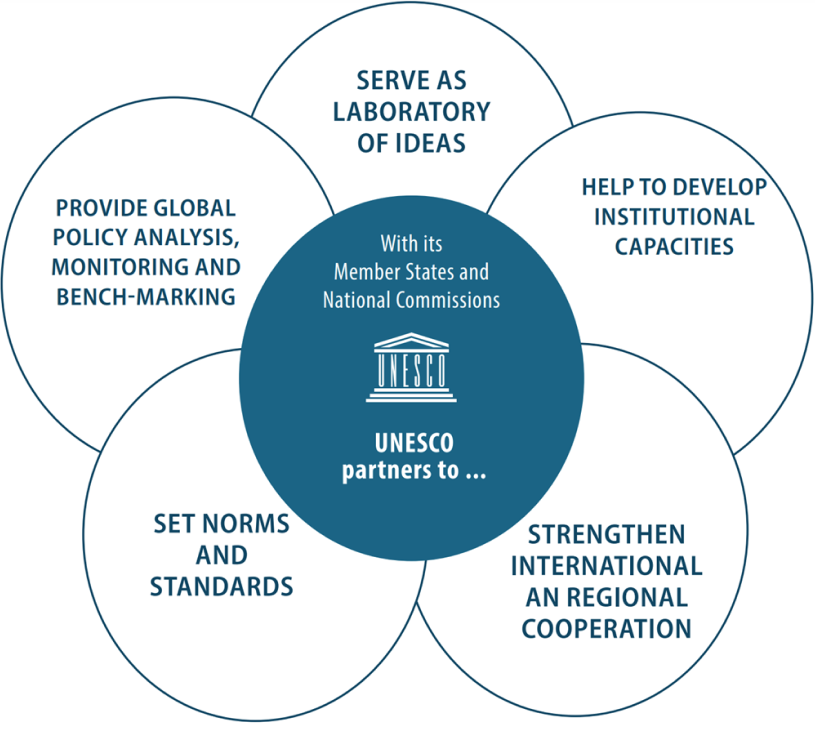
In addition, the Chair corresponds in a concrete manner to four of the 17 SDGs. These are the following:
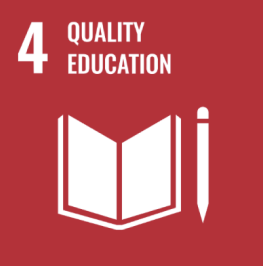
SDG #4: Quality Education: The Chair will enhance existing and initiate new postgraduate programs that emphasize the need for good governance principles and socially responsible projects to safeguard the integrity of sport. |
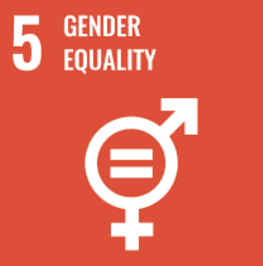
SDG #5: Gender Equality: The Chair will take specific steps to support the participation and empowerment of women in all forms of sport through various educational and training programs, research initiatives, and internships. |
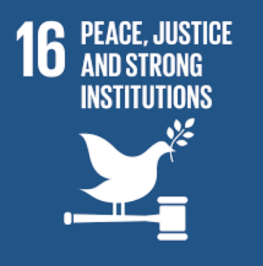
SDG #16: Peace, Justice, and Strong Institutions: The Chair will strengthen governance systems in sport to foster social integration in different cultural and political contexts, aligning with the goal of promoting peace, justice, and strong institutions. |
||||||
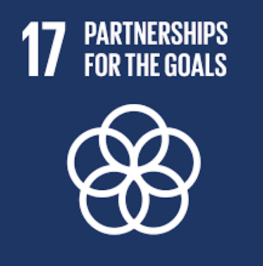
SDG #17: Partnerships for the Goals: The Chair has established influential partnerships at national and international levels to build capacity in education and training, research, policy development, and publishing, aligning with the goal of fostering partnerships for sustainable development. |
The Chair is also aligned with the Kazan Action Plan adopted by sports ministers across the globe back in 2017, which has as one of the main policy areas the safeguarding of the integrity of sport and five actions that have sports governance at their core.
Finally, it is also aligned with the latest (2023-2030) Strategic framework of Qatar’s Olympic Committee, highlighting areas, principles, and values that this Chair plans to address and be guided by.
Organization & Structure
The Chair will try to achieve its goal through 6 strategic pillars: Research, Education and Training, Outreach and Dissemination, Stakeholder Engagement; Policy and Impact; and Esports. The responsibility of coordinating each strategic pillar has been assigned to members of the Advisory Committee, which is the Chair’s authority on strategic direction, validation, and arbitration. See here the Terms of Reference for the Advisory Committee.
Beyond the two co-chairholders, the Scientific Committee consists of 13 influential professors, researchers, consultants, and practitioners involved in research, teaching, and consultancy in the field of governance and social responsibility in sport.
Committee members

Dr. Christos Anagnostopoulos |

Dr. Efstathios Christodoulides |

Professor David Shilbury |
Strategic Pillar: Research

Professor Terri Byers |

Dr. Kamilla Swart-Arries |
Strategic Pillar: Education & Training

Professor Mathieu Winand |

Professor Demetra Papadimitriou |
Strategic Pillar: Outreach & Communication

Dr. Yoseph Mamo |

Dr. Iain Lindsay |
Strategic Pillar: Stakeholder Engagement

Dr. Mezna AlMarzooqi |
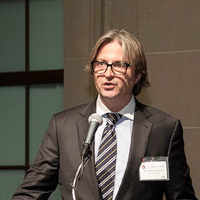
Mr. Massimiliano Montanari |
Strategic Pillar: Policy & Impact
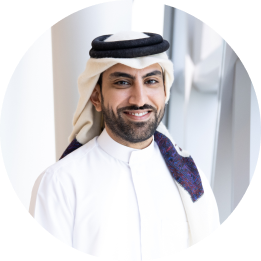
Mr. Nasser Alkhori |
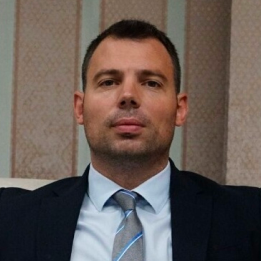
Dr. Marko Begovic |
Strategic Pillar: esports

Mr. Thanos Karagrounas |

Dr. Donna Wong |
Official Documents
This section provides an overview of the letters of support involved in applying for this joint leadership status between UCLan Cyprus and the CSE at HBKU, Qatar.
- UNESCO Chair Governance and Social Responsibility in Sport Program Agreement
- Support Letters provided by the Rector of UCLan Cyprus
- Support Letters provided by the Dean of CSE-HBKU
- Support Letters provided by the relevant national commissions (Cyprus and Qatar)
- The Terms of Reference for the Advisory Committee: Terms of Reference
For administrative purposes, UCLan Cyprus remains the host institution of the UNESCO Chair in Governance and Social Responsibility in Sport.
Projects

Good Governance enhancement through e-Learning for Sport Volunteer Board Members
Co-funded by the Erasmus+ program of the European Union, the project “Good Governance enhancement through e-Learning for Sport Volunteer Board Members (GReFORM)” aims to increase the capabilities and knowledge of volunteer Board Members in sport organisations by providing online and research-informed education on Good Governance in sport. The electronic platform will allow board members of sports organisations, especially Volunteers -in their own time- to follow a series of educational modules on Good Governance principles (Transparency, Democracy, Accountability, and Responsibility). By providing up-to-date, research-informed, and quality-oriented educational support to Volunteer Board Members, the good governance of sport organisations will be strengthened.
Find out more about the GReFORM project here

Sport Good Governance Game
Co-funded by the Erasmus Sport+ program of the European Union, the Sport Good Governance Game (SG3) is a realistic and interactive computer simulation where participants deal with various governance scenarios by making choices in tackling sport specific (decision-making, doping, match-fixing, transgressive behaviour, unfair play, …) and non-sport specific threats (gender equity, interpersonal violence, mediatisation, …).
Find out more about the SG3 project here

Governance Sport Codification Convergence
Co-funded by the Erasmus Sport+ program of the European Union, Governance Sport Codification Convergence – Action is a project implemented by seven organisations operating in the European Union (in the period from January 1, 2021 to December 31, 2023). The aim of the project is to create a Code of Good Governance for national sports federations.
Find out more about the ACTION project here

Corporate Social Responsibility through Sport: What’s the Score for Companies listed on the Qatar Stock Exchange?
Funded by the Office of HBKU’s Vice President for Research, HBKU’s Thematic Research Grant Program, the project titled ‘Corporate Social Responsibility through Sport: What’s the Score for Companies listed on the Qatar Stock Exchange?’ is set to assess the type, beneficiaries, outcomes of CSR implementation through sport, and how it is communicated (through social media), by companies listed on the Qatar Stock Exchange (QSE).
Find out more about this project here
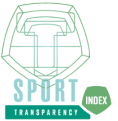
Sport Transparency Index
The Sport Transparency Index is an EU-funded project coordinated by SIGA in partnership with various organizations, which has been devised to help support integrity interventions at the most fundamental level. It will help by benchmarking sport stakeholders including clubs, leagues, national associations and international governing bodies using universally applicable and appropriate criteria to evaluate, compare and contrast them against basic integrity-related transparency indicators.
Find out more about this project here
Books
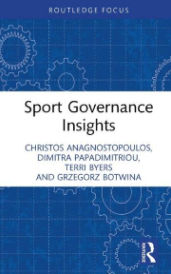
Sport Governance Insights
This book introduces the fundamentals of sport governance, assuming no prior knowledge on the part of the reader. It explains to students and practitioners alike why governance matters and how it can be better practised in sport organisations.
Introducing key concepts and the micro-processes of implementation, the book explains what governance is and why it has become increasingly important. It explains what sport boards do, and how they should function for sport organisations to be effective, and it provides practical tools to help ensure good governance.
Full of insights from cutting-edge research and real-world cases, this is essential reading for any student or practising sport manager, administrator, or policy-maker who needs a concise introduction to this important topic.
See more about this book here
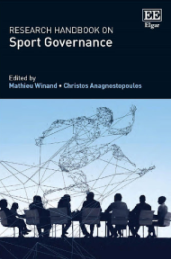
Research Handbook on Sport Governance
This Research Handbook gathers the state-of-the-art research on sport governance by leading international scholars on various issues across various sports, offering a vital reference point for advancing research.
Illustrating different approaches and perspectives such as good governance principles, systemic governance, political governance and network governance, chapters suggest research-informed practical solutions to current problems within sport organisations. Covering sport event governance, business implications, corporate social responsibility for enhancing good governance and extended board management, specific directions for further research are provided for each topic under examination.
This is the essential reference for all sport governance researchers. It will also be insightful for sport governing bodies and administrators looking for advice on improving good governance in sport institutions.
See more about this book here
Journal Articles
- Anagnostopoulos, C., Winand, M., Papadimitriou, D. & Zeimers, G. (2023). Implementing corporate social responsibility through charitable foundations in professional football: the role of trustworthiness, Managing Sport and Leisure, [online first] DOI: 10.1080/23750472.2022.2096672
- Ekren, D. & Anagnostopoulos, C. (2023). What's the best (kept) secret about FIFA's 2022 World Cup? The case of Qatar’s Generation Amazing program. International Journal of Sport Marketing & Sponsorship. [online first]
- Mamo, Y., Anagnostopoulos, C., Agyemang, K. & Andrew, D. (2023). A conceptual model for understanding the relationships between sport stakeholder and authentic CSR, Managing Sport and Leisure, [online first] DOI: 10.1080/23750472.2022.2096674
- Mohsen, B., Anagnostopoulos, C., Byers, T. & Papadimitriou, D. (2023). The impact of perceived corporate social responsibility on value-in-use through customer engagement in non-profit sports clubs: the moderating role of co-production. European Sport Management Quarterly, 23(3), 789-810
Doctoral Studies
| Student | Mr. Vassos Koutsioundas, UCLan Cyprus & Cyprus Sport Organization |
|---|---|
| Thesis Title | The Role of Reward and Punishment as Control Mechanisms for Promoting Good Governance Compliance in Nonprofit Sport Organisations |
| Status | Completed |
| Supervisor | Dr. Christos Anagnostopoulos |
Master's Studies
| Student | Mr. Faisal Al Mohannadi, College of Science and Engineering, HBKU |
|---|---|
| Thesis Title | Critical Analysis of the Environmental Component of the Sustainable Stadiums Built for the 2022 FIFA World Cup in Qatar. |
| Status | Completed (2023) |
| Supervisor | Dr. Kamilla Swart-Arries |
| Student | Mrs. Zoe Larentzakis, Hellenic Open University |
|---|---|
| Thesis Title | Governance Practices in the Boards of Directors of National Sports Facilities |
| Status | Completed (2023) |
| Supervisor | Professor Dimitra Papadimitriou |
Continuing Professional Development & Executive Education

Executive Education Certification: Good Governance in Sport
About the course: This comprehensive Executive Education Course has been designed to ensure it is accessible and inclusive and will be delivered online via both recorded and live sessions. Upon completion of this course, you will be equipped with the essential knowledge and skills to navigate the complex world of sports governance with confidence. Learn to establish transparent and accountable practices, ensuring integrity and ethical decision-making. Learn from the best academic and industry experts in connection with the world’s largest coalition for sport integrity - The Sport Integrity Global Alliance (SIGA). This executive education certificate will teach you the essentials of good governance and integrity in sports. You will learn about the challenges in implementing good governance practices and how to respond to them. You will interact with like-minded professionals to promote engagement and facilitate peer-to-peer learning to help deepen your perspective and develop your network in the sports industry. You will gain insights into effective governance strategies and be inspired by industry leaders in relation to how they articulate and lead governance in their respective organizations.
By enrolling in this course, you become a catalyst for positive change and shaping the future of sports. Prioritize athlete well-being, promote fairness, and drive sustainable growth within your organization. Our industry experts will guide you through practical case studies and real-world scenarios, preparing you to tackle the unique challenges of the sports industry. Don’t miss this opportunity to enhance your professional expertise and unlock new career possibilities. Enroll today and embark on a journey towards becoming a trusted leader in sports governance.
Chair’s people engaged with this course:
- Professor Winand (Education & Training pillar coordinator)
- Dr. Iain Lindsay (Outreach & Communication pillar coordinator)
- Dr. Christos Anagnostopoulos (Chair’s Director)
Conferences
- ‘Managing corporate social responsibility: The case of football club’s community work’ (Anagnostopoulos, C.). 14th International Conference on Sport & Society, Las Vegas, (USA), 7-8 June 2023.
- ‘The work of codifying governance for national sport federations’ (Anagnostopoulos, C.). 23rd Annual International Conference on Sports: Economic, Management, Marketing & Social Aspects, Athens (Greece), 8-11 May 2023.
- ‘The codification of good governance in sport: Assessing compliance mechanisms (Anagnostopoulos, C. with Koutsioundas, V. & Glyptis, L.). 4th World Association for Sport Management (WASM), Doha (Qatar), 5-8 March, 2023.
- ‘Developing the ethical infrastructure for sport: The case of Australia’ (Anagnostopoulos, C. with Robertson, J. & Walzel, S.). Sport Management Australia New Zealand (SMAANZ), Melbourne (Australia), 30 November – 2 December 2022.
- "Analysis of importance and difficulty of implementation of good governance principles among national sport associations in Europe – Governance sport codification convergence project” (Anagnostopoulos, C. with Winand, M., Botwina, G., Koutsioundas, V.). European Association for Sport Management (EASM), Innsbruck (Austria) 5-8 September 2022.
Articles & Press
- "From the Inside Lane to the Outside Track”: Sport’s Need for External Auditing to Raise Good Governance Standards- By Dr Anagnostopoulos, SIGA Sport Integrity Journal, Issue No. 4.
- Qatar TV: UNESCO Chair on Governance and Social Responsibility in Sport
- Generation Amazing's Al Khori leads UNESCO's sport, governance initiative.
- Global Esports Federation joins UNESCO Chair on Governance & Social Responsibility
- Associate Professor Donna Wong Assumes Advisory Role in UNESCO’s Drive for Improved Sport Governance and Social Impact
- Joint leadership of UNESCO Chair on Governance and Social Responsibility in Sport begins
- CSE Assumes Joint-leadership of UNESCO Chair on Governance and Social Responsibility in Sport
- Generation Amazing Foundation executive director takes on role in UNESCO
- UCLan Cyprus announces joint leadership of UNESCO Chair on Governance and Social Responsibility in Sport
- Generation Amazing Foundation Executive Director, Nasser Al Khori, Takes on Key Role in UNESCO's Drive for Improved Sport Governance and Social Impact
Events
Sport Integrity Global Alliance (SIGA)
Sport Integrity Global Alliance (SIGA), the College of Science and Engineering at Hamad Bin Khalifa University, and the UNESCO Chair on Governance and Social Responsibility in Sport, were part of SIGA’s 2023 Sport Integrity Week (SIW). SIGA is the world’s leading and largest organization for sport integrity. Embracing a dynamic and interactive format, SIW 2023 evolved to become more accessible and inclusive for all global stakeholders to facilitate greater participation from around the globe. SIGA was supported of over 60 hosting partners from 33 cities and 21 countries around the world. One of these cities was Doha in Qatar, and the event took place on Thursday, October 7, 2023.
Find out more here, click here for Event guide.
GWC Forum 2023
GWC Forum – Empowering MSMEs in the Digital Era is a forum that focused on how logistics providers can help micro, small and medium enterprises (MSMEs) leverage digital technologies to improve their operations and grow their businesses. The Founder and Director of the Chair, Dr Christos Anagnostopoulos participated in Panel 1: Enabling Growth that explored FIFA World Cup 2022™ impact on regional growth and sustainability in Qatar, with insights on empowering MSMEs through sustainable logistics, circular economy, and attracting foreign investments for long-term prosperity.
Launch Event - Doha June 2023
Launch Event - Cyprus June 2022
Contact Us
Dr. Christos Anagnostopoulos
UNESCO Chair on Governance and Social Responsibility in Sport
Assistant Professor of Sport Management
College of Science and Engineering, HBKU
Tel: +974 4454 7368
Email: canagnostopoulos@hbku.edu.qa
P.O. Box: 34110
Education City
Doha, Qatar


